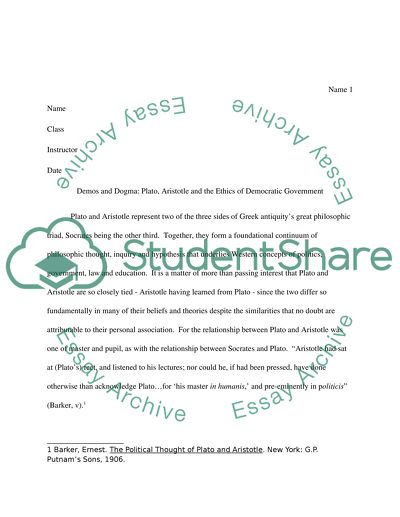Cite this document
(“Compare and Contrast between the Politics and Theories of Plato and Research Paper”, n.d.)
Retrieved from https://studentshare.org/family-consumer-science/1428621-compare-and-contrast-between-the-politics-and
Retrieved from https://studentshare.org/family-consumer-science/1428621-compare-and-contrast-between-the-politics-and
(Compare and Contrast Between the Politics and Theories of Plato and Research Paper)
https://studentshare.org/family-consumer-science/1428621-compare-and-contrast-between-the-politics-and.
https://studentshare.org/family-consumer-science/1428621-compare-and-contrast-between-the-politics-and.
“Compare and Contrast Between the Politics and Theories of Plato and Research Paper”, n.d. https://studentshare.org/family-consumer-science/1428621-compare-and-contrast-between-the-politics-and.


